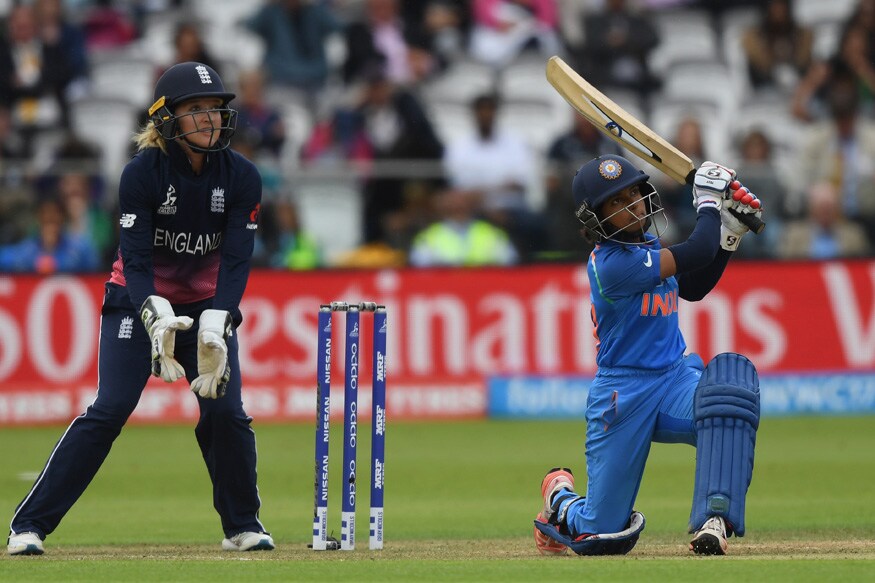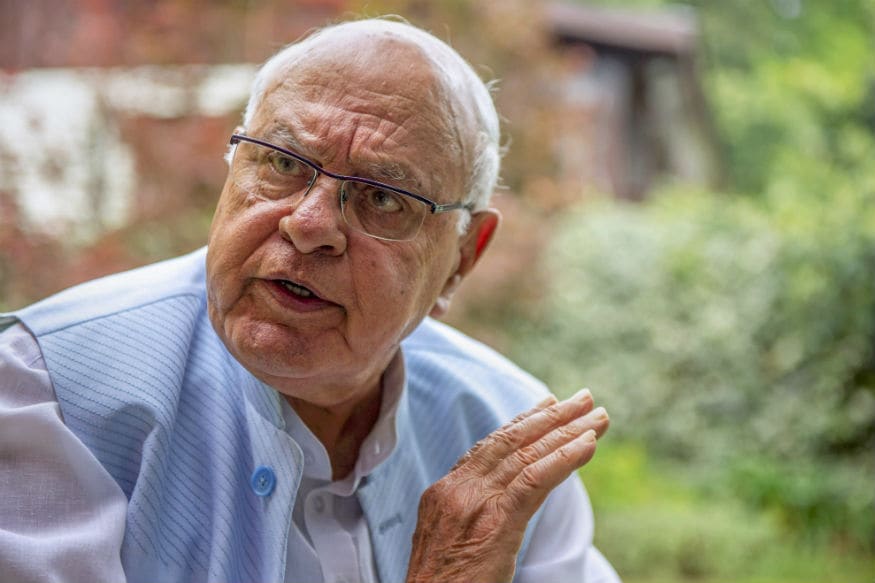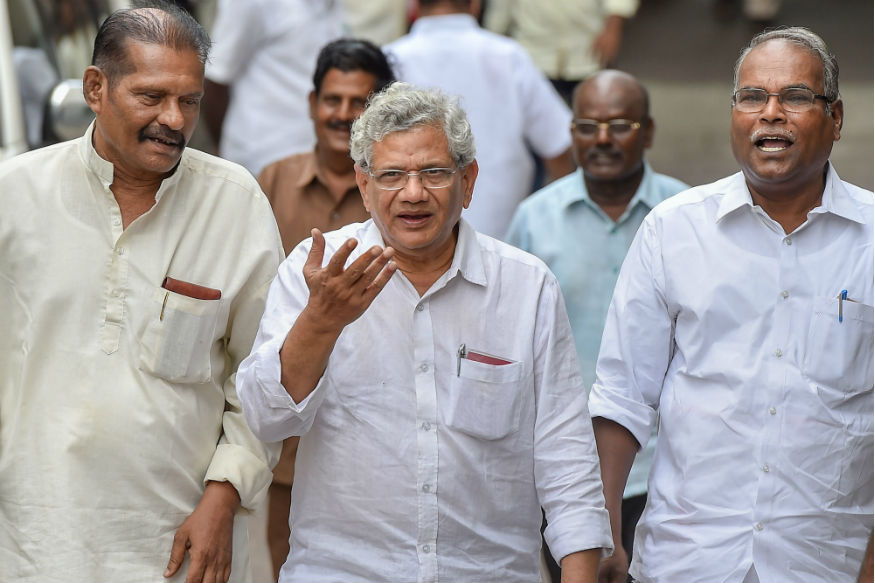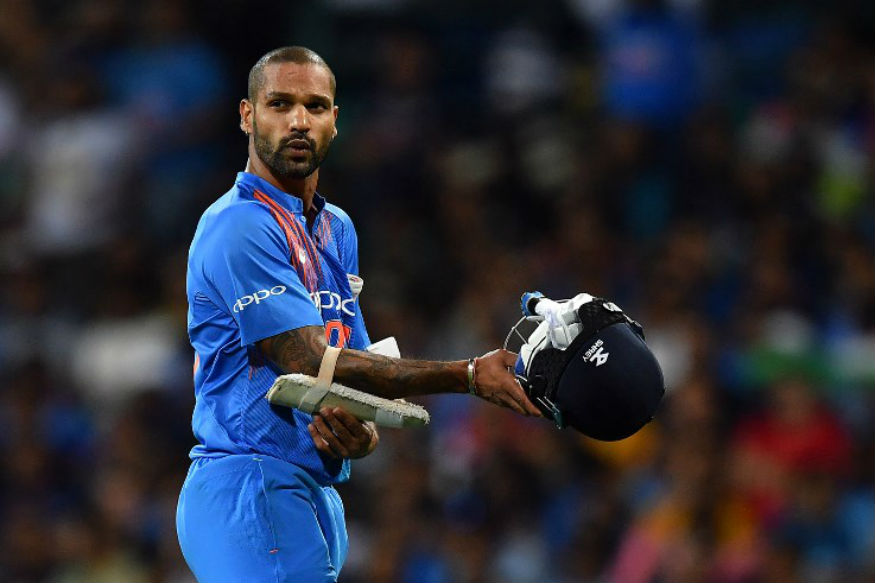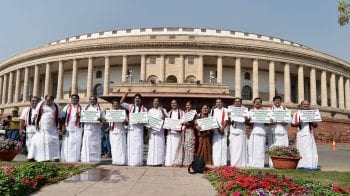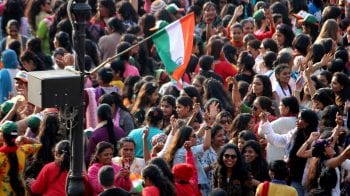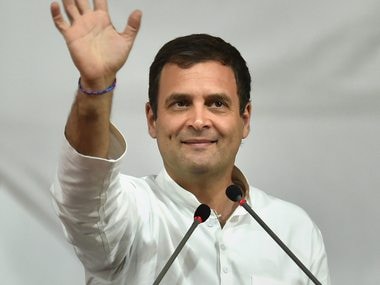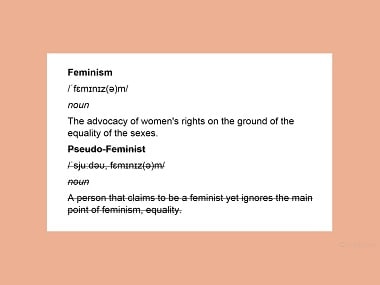The bill, which promises 33 percent reservation for women in the Lok Sabha, was surprisingly also a part of the BJP’s manifesto ahead of the 2014 Lok Sabha Polls.
On the occasion of International Women’s Day, much has been spoken on the passage of the Women’s Reservation Bill.
While the Congress has reiterated its promise to pass the bill if voted to power, the ruling BJP dispensation maintains a stoic silence on the subject.
The bill, which promises 33 percent reservation for women in the Lok Sabha, was surprisingly also a part of the BJP’s manifesto ahead of the 2014 Lok Sabha Polls.
The bill also proposes that one-third of the seats from the reserved seats will be fixed for Scheduled Castes and Scheduled Tribes. The reserved seats will be allotted by rotation to different constituencies in the Lok Sabha. Besides, the reservation will cease to exist after 15 years of commencement of the law.
However, it seems that there still are mixed opinions on the subject.
Those who believe in the passage of the bill rely completely on the numbers. Out of a total of 543 MPs in the current Lok Sabha, only 62 are women. Essentially, that means one in every 10 parliamentarians is a woman, which is a skewed proportion considering that 49 percent of the Indian electorate consists of women.
In fact, a report by Factly suggests that between 1957 and 2015, the total number of women contesting elections has increased by a whopping 15-fold. During the same period, the number of male contestants witnessed a five-fold increase. In addition, the chances of women candidates winning has always been more than that of male candidates, the report points out. However, this does not reflect in the number of women in Parliament, warranting the need for the bill to be passed.
While it is easy to label those against the bill as being ‘sexist’, it wouldn’t be fair to dismiss them.
Those who are against the passage of the bill argue that reserving a constituency for a woman would translate to a loss of opportunity for the men who could have been better or more qualified candidates. This could also result in disregarding the choice of the voter.
In addition, the Women’s Reservation Bill comes in with the same shortcomings as any other law that renders quota to the underprivileged. It has been argued, that in a representative democracy, where 131 of 543 seats are already reserved for SCs and STs, an additional 33 percent quota will be a disproportionate representation of people’s wishes.
Those against the bill suggest that instead of endorsing reservation, political parties must incorporate a bottom-up approach of inducting more women in their parties so as to increase representation in Parliament.
The Women’s Reservation Bill was passed by the Rajya Sabha in 2008 and has been in limbo in the Lok Sabha for over a decade now.



















